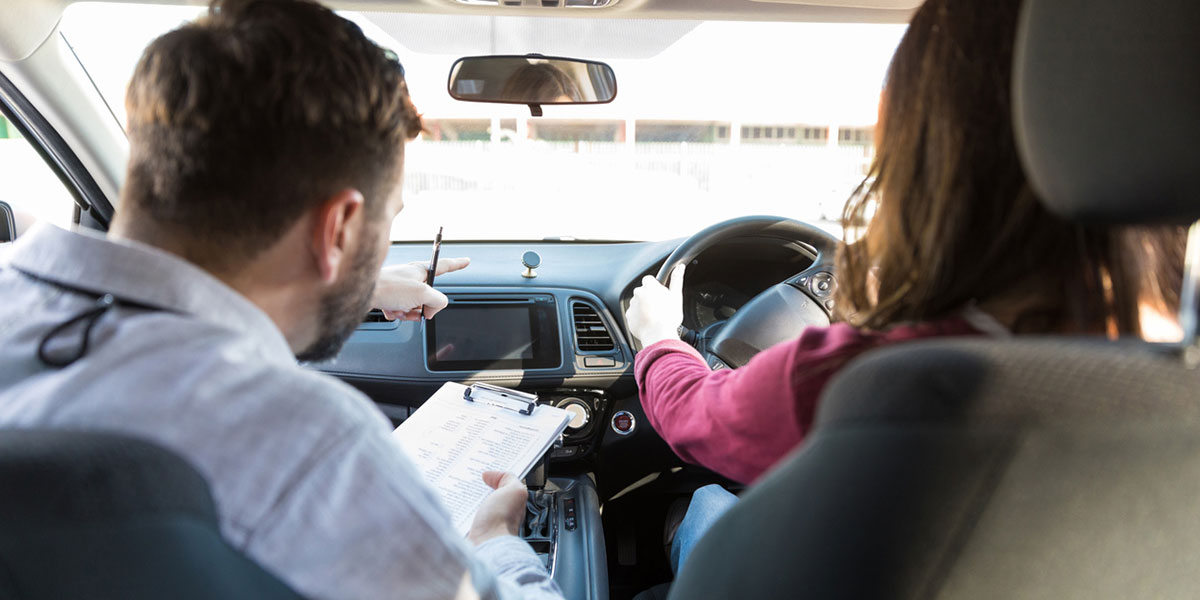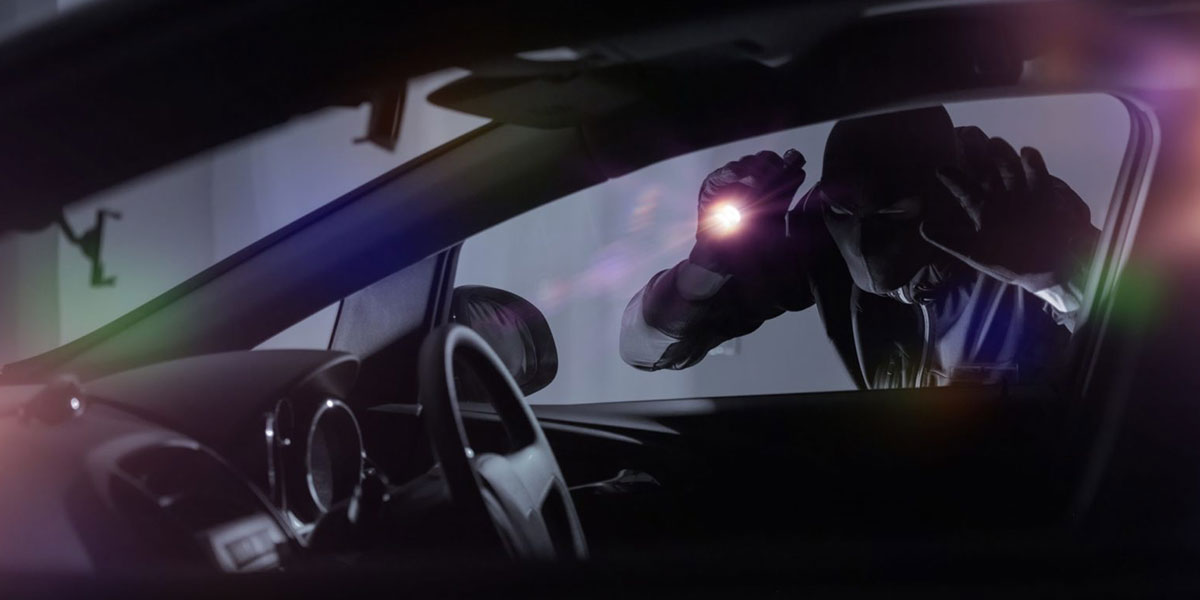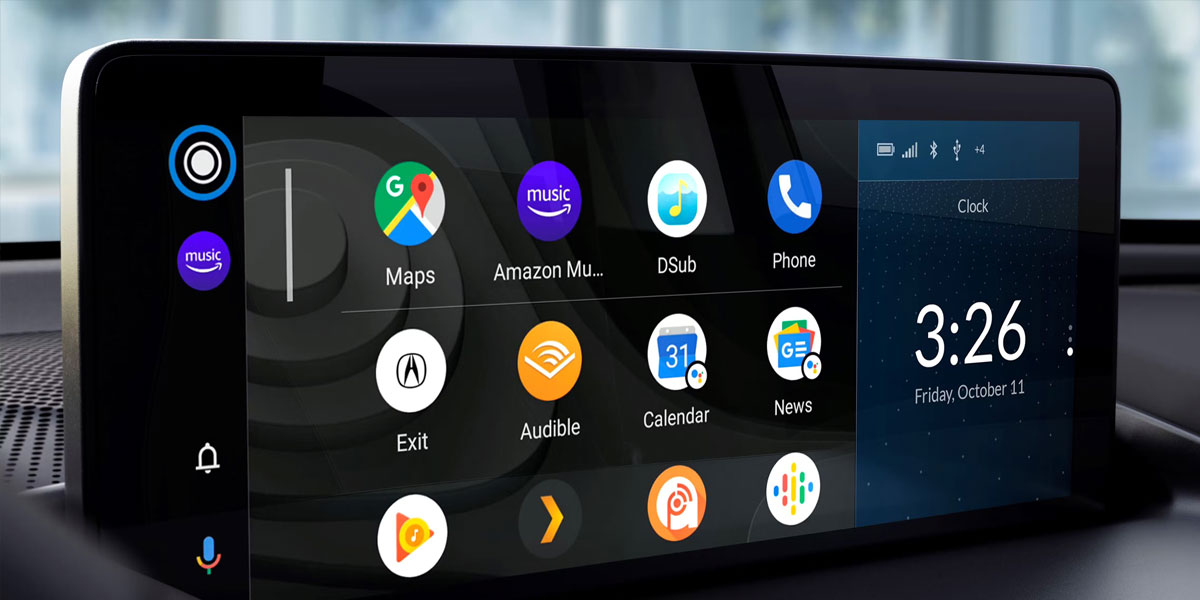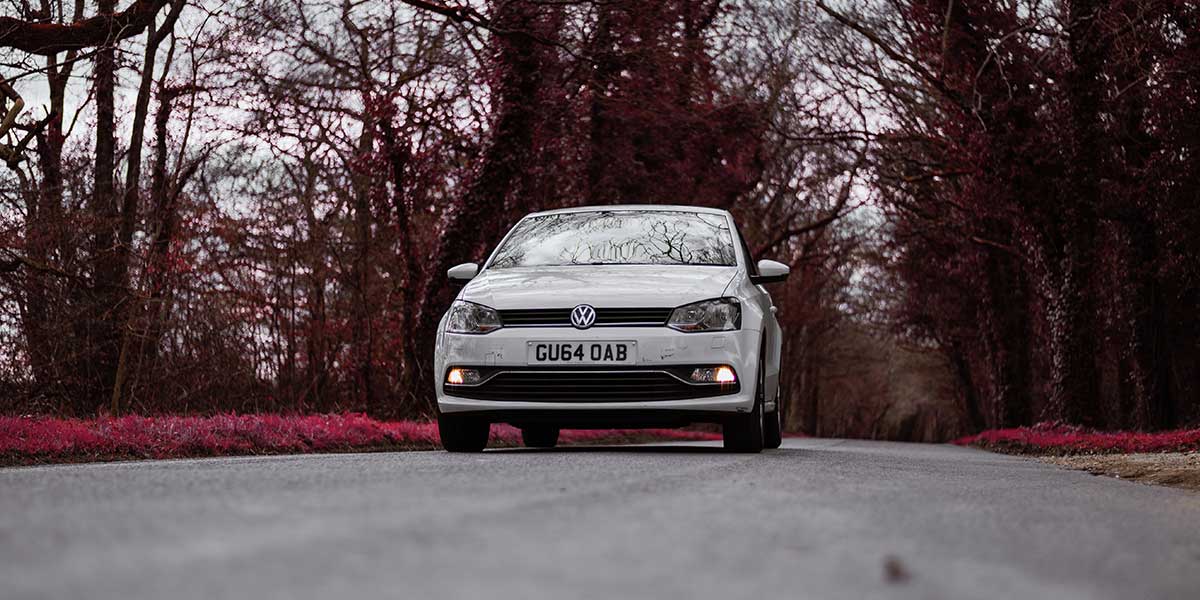Cars depreciate over time. It’s a fact. But did you know that depreciation isn’t completely out of your control? You can’t stop the clock. But you can be proactive when it comes to minimising depreciation. So, how can you avoid wiping value off your car? Read on as we dig a little deeper into what causes car depreciation, and how you can avoid it.
Smoking in your car
If there’s one thing that instantly turns off buyers, it’s the smell of stale cigarette smoke. Smoking isn’t just bad for your health. It can also wipe thousands of pounds off the resale value of your car. Lighting up in your car can knock a huge £2000 off the sell-on value. Like walls, furniture and clothing, smoke lingers on car upholstery and is instantly noticeable to prospective buyers.
Sometimes it’s possible to remove the smell using specialised equipment, though this can easily cost hundreds of pounds. But, in many cases, it won’t budge. Smoke can also infiltrate the air conditioning system and be extremely hard to flush out. Whether you’re thinking about selling your car privately or trading it in at a dealership, smoking is a guaranteed way to drag down your asking price and fast track car depreciation.
Scrimping on maintenance
From regular oil and coolant changes to routine washing to protect the paintwork and prevent rust, maintenance is a must when you own a car. As well as keeping your ride safe and reliable, staying on top of maintenance is one of the best ways to minimise depreciation.
When it comes to buyer peace of mind, a good service history can significantly boost the resale value of your car. Similarly, a lacklustre service history can wipe off a big chunk of your asking price. Remember to keep comprehensive records of every service or repair your car receives, even if it’s something simple like a filter change.
Not using manufacturer recommended parts
From alternators and air filters to radiators and clutches, cars often need replacements. That’s especially true when they start to age. Using manufacturer recommended parts is a good way to minimise car depreciation. While some mechanics will always use manufacturer recommended parts, others may suggest cheaper alternatives. It’s generally best to stick with parts recommended by the manufacturer. This will not only help your car run better but also helps position you as a reliable owner.
A bold paint job
While colours like hot pink and neon orange will stand out on the motorway, they’re not to everyone’s taste. Giving your car a bold paint job will usually fast-track car depreciation, unless you happen to find a buyer that loves lime green as much as you do. As a general rule, it’s best to stick with classic car colours if you want to minimise depreciation.
Dogs riding shotgun
Are you wondering what causes car depreciation? Like cigarette smoke, pet odours can linger long after your dog has left the vehicle. If you love to take your pup to the river, lake or beach, that ‘wet dog’ smell can be incredibly hard to banish. As well as being unpleasant, pet odours can give potential buyers the impression that your vehicle isn’t well cared for.
If you use your car to transport a pet, it’s best to invest in a seat protector. This will help to keep the upholstery looking and smelling fresh. Use a high-powered vacuum to clean up any pet hair and be sure to regularly wipe down the interior of the windows if you have a drooler on your hands!
Stacking the odometer
What causes car depreciation to skyrocket? Higher than normal mileage. Short trips can quickly add up and push your odometer over the limit. The typical car will travel around 7000 – 7500 miles per year. So, a two-year old car should have around 14,000 miles on the odometer to be considered in ‘good’ condition. Anything less is considered ‘excellent’ while anything over pushes the car into the ‘overused’ category.
Swapping short trips for a journey on foot or by bicycle is a great way to keep your odometer down. Instead of driving to the shops, why not stretch your legs with a 10-minute walk. Rather than get behind the wheel for your daily commute, why not use public transport? Changing your mindset won’t just help you avoid car depreciation. It’s also a great way to squeeze in your recommended 30 minutes of daily exercise and reduce your carbon footprint. What’s not to love?
Buy second hand
One of the best ways to avoid car depreciation is to buy second hand. Purchasing a pre-owned vehicle means you’ll skip the 15 – 35% drop in value that most cars experience in the first 12 months. Over the next three years, many cars lose 50% of their original value. If you want to avoid car depreciation, one and three year birthdays are often the golden number.
Consider car financing
Want to avoid the worries of car depreciation? Why not consider car financing? Instead of buying a car in one lump sum, you’ll sign an agreement that gets you behind the wheel of a new vehicle right away. You’ll make monthly payments, usually for two to four years. With an option such as PCP financing, you have the flexibility to purchase the vehicle with a balloon payment at the end of the contract, or exchange or return the car for a new model. This means you won’t have to worry about selling the vehicle yourself.
Affordable car financing for your new car
As discussed, car depreciation isn’t completely unbridled. With a better understanding of what causes car depreciation, there are some easy things you can do to maximise the value of your car. That includes finding the right car financing.
Thinking about buying a new or second-hand car? If you’re wondering “how much car finance do I qualify for?”, you can use our handy calculator to find out how much car financing you could be entitled to.
Rates from 9.9% APR. Representative APR 10.9%
Evolution Funding Ltd T/A My Car Credit
Require more help?
Got a question you can’t find the answer to, or need some advice and guidance around taking out car finance? Our Car Credit Specialists are friendly, experienced, and here to help so get in touch today!












